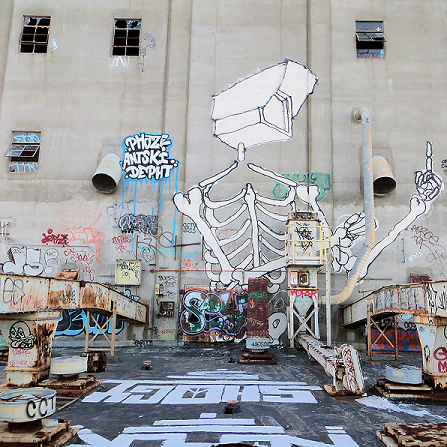SAN Francisco’s Stop Secret Surveillance Ordinance, introduced by Aaron Peskin, would ban city departments from using facial-recognition technology, require board approval for new surveillance devices, introduce the need to prove existing cameras were reducing crime annually and bar city security and law enforcement teams from using any data sourced from facial recognition gathered anywhere at all.
Nearby Berkeley and Oakland have passed rules requiring public input and a privacy policy before officials implement new surveillance technology, but none have banned face recognition technology. The ban, which applies to local government not private companies, could be in place by April.
Government departments that want to purchase new surveillance equipment including CCTV and LPR solutions are required to submit a surveillance technology policy explaining what data will be gathered and how it will be stored, used and secured. And if the city wants to keep existing CTV cameras, they must submit evidence annually that the cameras reduced crime. The SSSO will mean electronic security technologies can be disabled pending the annual reviews.
The ban applies to viewing face recognition data – including that gathered by police departments elsewhere. According to Lee Hepner, a legislative aide who helped draft the bill, this is only the first of many steps changing how the city balances policy and technology.
“We want there to be a justification for use of the technology in the location,” Hepner says. “If the ostensible benefits of any of these surveillance technologies is the prevention of crime, then it’s helpful for the board to be able to track that. Over time, is this technology having a positive impact?”
The ordinance is currently being held for public comment for 30 days after which it will be passed to the city’s Rules Committee, where Hepner expects it will be ratified quickly.
#securityelectronicsandnetworks.com











